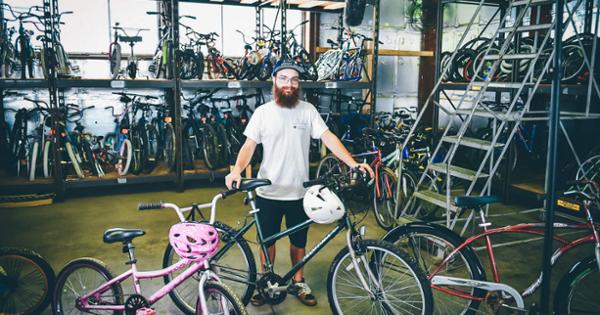On a distant corner of rural Washington County, ETSU public health students are learning how to make brick in order to help construct homes in isolated communities around the world. Not far away, another team is assessing how to get safe drinking water to residents of a remote village, while local elementary and middle school students dig deep in honing their skills in harvesting fresh vegetables.
Outside groups, including a local Air Force squadron, also are on site periodically to participate in mock disaster scenarios or other training exercises. And in the AdaptoPlay and “Go Baby Go” areas, young children with disabilities are moving around independently, some for the first time ever.
 Such is a typical semester for students and faculty at Project EARTH (Employing Available
Resources to Transform Health), which is part of the ETSU College of Public Health.
Located at the ETSU Eastman Valleybrook Campus, the program started in 2011 to teach
critical skills for protecting and promoting health and well-being in underserved
settings.
Such is a typical semester for students and faculty at Project EARTH (Employing Available
Resources to Transform Health), which is part of the ETSU College of Public Health.
Located at the ETSU Eastman Valleybrook Campus, the program started in 2011 to teach
critical skills for protecting and promoting health and well-being in underserved
settings.
“Our mission is to prepare students to be creative and innovative in assisting those who are low-resourced – here and around the world,” said Dr. Mike Stoots, Director of Operations at Project EARTH. “We focus on teamwork and putting students in unfamiliar situations where they have to work with limited resources.
“They have to get creative and be frugal with what they have,” he added. “All of this provides a valuable learning opportunity in being resilient – a vital skill we want our students to take into the workplace.”
The Project EARTH initiative includes the RE:CYCLING program which refurbishes bicycles for local children and also uses them to improve the quality of life in low-resource areas.
A highlight of Project EARTH is the Niswonger VILLAGE (Virtual International Living and Learning Across Global Environments), an impressive simulation lab for ETSU public health students. The village consists of replica homes from places like Rwanda or El Salvador, offering students a glimpse of how people live and work in low-resource settings.
ETSU benefactors Scott and Nikki Niswonger provided funding for the creation of the Niswonger VILLAGE.
“Our supporters make it possible for the College of Public Health to offer this extraordinary, innovative learning experience for our students,” Stoots said. “The resources we need to support our educational programs here at Project EARTH, such as bike parts or materials to build a Mongolian hut, are not normally available through typical classroom expenses.
“The impact of gifts made to Project EARTH is multiplied here in our own community
and around the world,” he said.